Kenyan farmers turn poisonous weed into animal feed
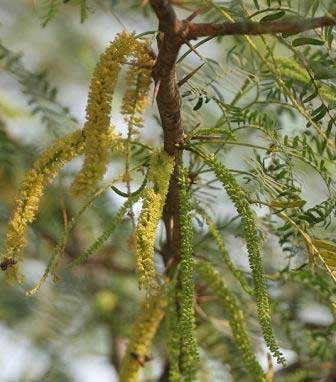
In a project based on the principle that if you can’t stop it, harness it, pastoralists in the arid Baringo district (Rift Valley Province, Kenya) have found a way to commercialise a foreign weed that has for more than 20 years invaded their land and killed their livestock.
Prosopis juliflora, known as Mathenge, originates from South America and thrives in harsh climates and spreads rapidly in arid and semi-arid areas, covering huge tracts of land and wiping out other species along the way.
It was introduced into Baringo, Tana River, Turkana districts and other arid and semi arid areas due to its extensive root system which was intended to reverse soil erosion and deforestation.
Poisonous weed
However, the galloping weed disfigures the jaws of livestock that feed on it due to its hard pods and causes tooth decay because of the pods’ high sugar content. In some circumstances animals have lost their tongues and even died after feeding on the weed.
Its poisonous thorns also regularly cause inflammation to both humans and livestock, which takes weeks to subside, and in some cases, where infection persists untreated, has led to amputation of limbs.
Feed pellets
However, with the help of scientists, farmers have now managed to harvest the pods and grind them into a powder to make high energy feed-pellets for livestock that can provide a supplementary feed source, rich in carbohydrate and protein, for when other grazing is limited.
Communities in the area are now mobilising on a large scale to collect and process the pods and market them.
Already feed manufacturers such as Unga Feeds, Tosha Feeds, Sigma Feeds and Pwani Millers have expressed interest in buying the product.
The pellets, which are high in energy, are mixed with other feeds. This domestication of the weed is one of many ways scientists are now advocating the effective management of the invasive weed.
 Beheer
Beheer

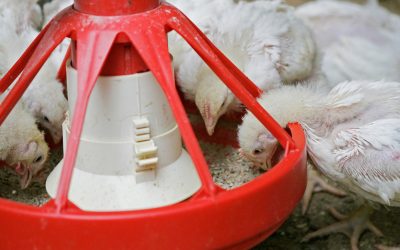
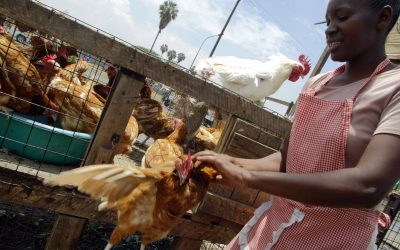
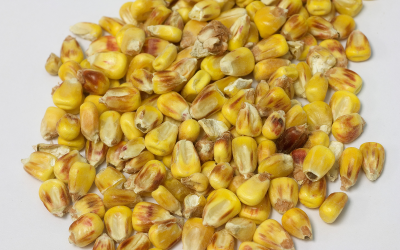
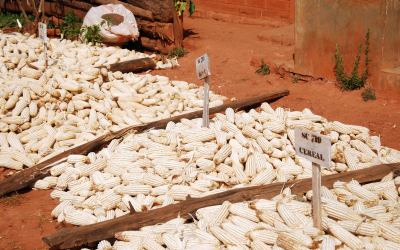




 WP Admin
WP Admin  Bewerk bericht
Bewerk bericht